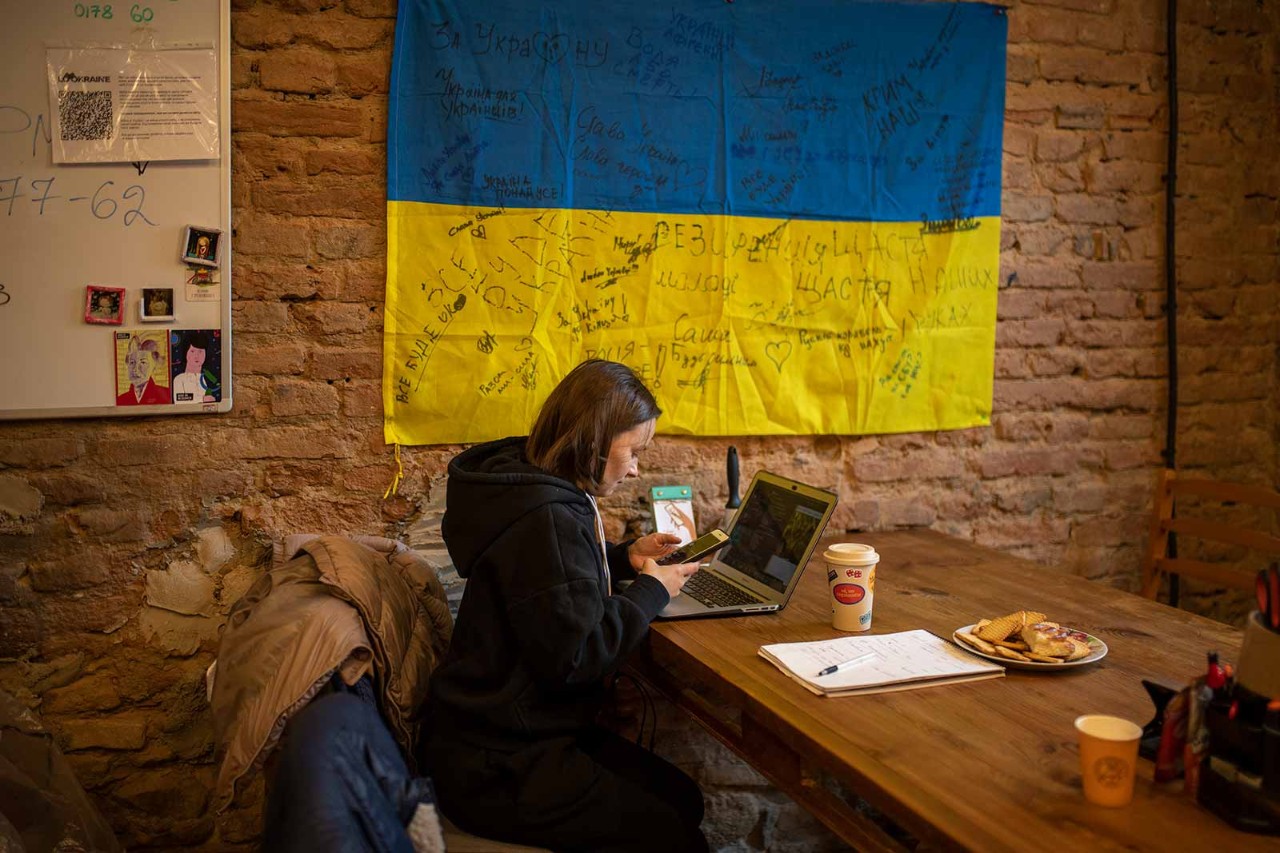
Very occasionally, something happens on a single day that changes the course of history. I think 24 February 2022 will turn out to be one of those days.
Of course, the final outcome of the Russian invasion of Ukraine is unknowable, but one thing is now clear: the world of environmental, social and governance (ESG) reporting will change forever as a result, and hopefully in a good way.
All companies affect society in ways that are unrelated to their environmental impact
It has always mystified me that many people think ESG is only about carbon emissions. This narrow approach ignores the many other environmental issues that we face, and completely sidesteps the societal and governance angles. The ‘S’ and the ‘G’ are now firmly back on the agenda, which is an overdue and very welcome development.
ESG is actually a very clever acronym, as the three issues are inextricably intertwined. You need good governance to maintain an appropriate corporate culture, and all companies affect society in ways that are unrelated to their environmental impact.
Russian risk
Investment managers have put pressure on companies to withdraw from Russia, and many other organisations have left voluntarily. Those that decide to stay face rising reputational risk.
I think it is likely that most western companies with assets in Russia will have to write them down to zero. The dangers of doing business in Russia were largely omitted from risk statements, which will not surprise anyone who reads them.
It was legally problematic to tell companies to forego profitable opportunities because of moral issues
You cannot argue that no one saw this coming. Plenty of well-informed observers have been writing about the risks of doing business in Russia for years, but were largely ignored. The profit opportunities were just too lucrative and, besides, everyone else was doing it. Never underestimate the power of groupthink.
Before 24 February, it was actually very difficult for professional investors to do the ‘right’ thing and tell companies to cease trading with kleptocracies with poor human rights records. Most investment outfits have a fiduciary duty to act in the best interests of their clients.
It was legally problematic to tell companies to forego profitable opportunities because of moral issues. Investors can now say, with justification, that moral issues can morph into total loss and reputational damage. The debate has changed completely.
It’s what you do, and don’t do, that matters, not whether your sustainability report has won an award
The right behaviour
I have written before that ESG should be about behaviour and not about numbers. It’s what you do, and don’t do, that matters, not whether your sustainability report has won an award. It is far too easy to treat ESG as a box-ticking exercise. There are almost no regulations and enforcement is non-existent.
I hope that investors will now demand better disclosure on companies’ exposure to regions and countries where there are serious societal and governance risks. There were already some promising signs – ethically sourced cotton, for example – but I am hopeful that the debate will change dramatically. Investing billions of euros in ventures that could turn into dust overnight will become less popular.
It is often said that the first casualty of war is truth. I think we can now say that the self-serving concept of Wandel durch Handel or ‘change through trade’ is beyond resuscitation. Overnight it has become a byword for ignoring inhumane behaviour in search of profit, while trying to take the moral high ground.
The invasion of Ukraine is an overdue wake-up call. For once, fiduciary duties and morality are aligned.
More information
See also 'Firms' withdrawal from Russia'





